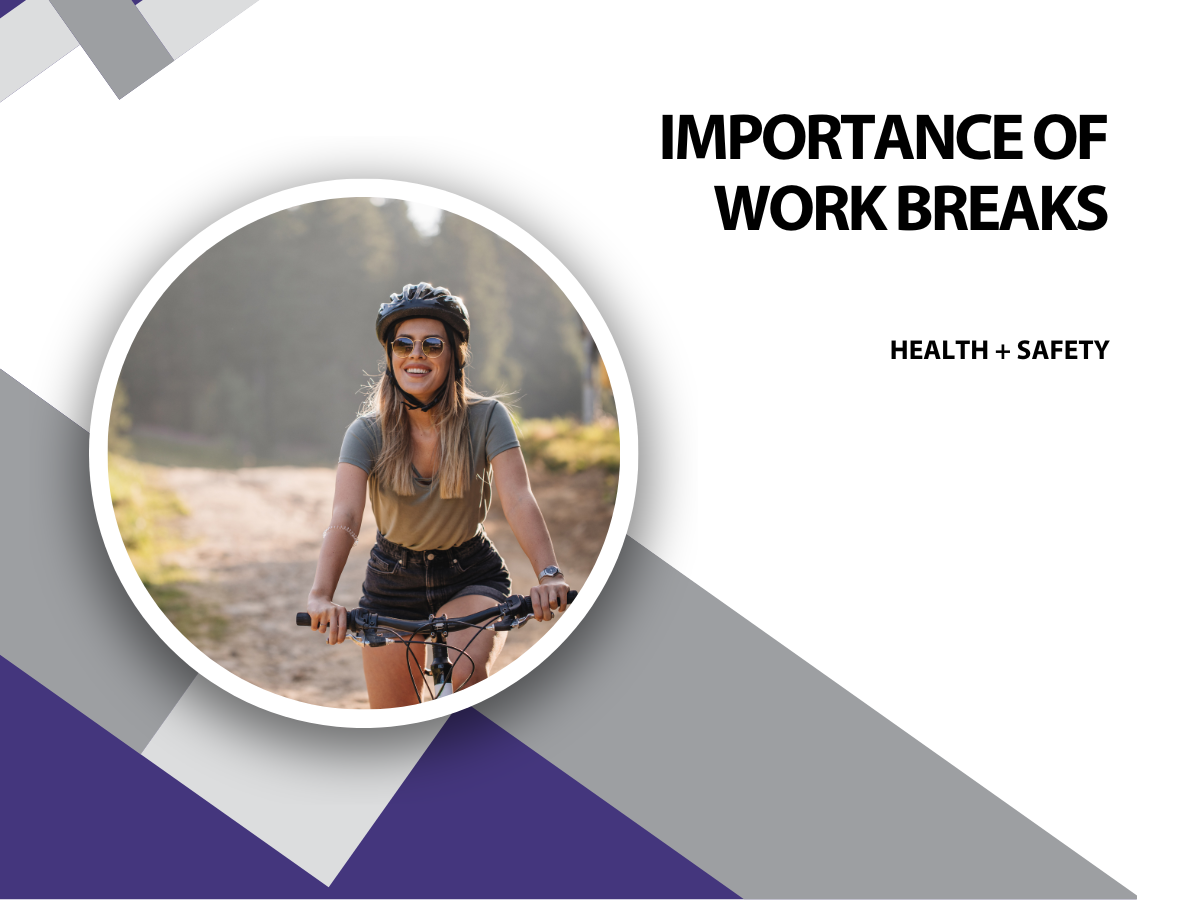Why Are Work Breaks Important?
Taking breaks at work is not a luxury, but an essential to maintaining your musculoskeletal health.
It is easy to get caught up in your work when you have an endless to-do list, but giving yourself a chance to recharge benefits your mental and physical health.
Keep reading to learn the effects work breaks have on your physical well-being as we explore their effects on your muscle and nerve health.
What is the musculoskeletal system?
First, it is important to understand what your musculoskeletal system is and what it does for you.
The musculoskeletal system is composed of your bones, muscles, tendons, ligaments, and joints. Working together to provide the body support, structure, and stability, this is what allows your body to move.
Vital organs and tissues, like the heart, lungs, and spinal cord, are protected by the musculoskeletal system.
What can happen to a musculoskeletal system in poor health?
Not taking care of your body leaves you at an increased risk for debilitating joint, bone, and spinal conditions including:
- Osteoarthritis
- Rheumatoid arthritis
- Neck and back pain
- Osteoporosis
- Strains, sprains, and fractures
- Frozen shoulder
- Carpal tunnel syndrome
- Inflammatory diseases
We are not here to instill fear, simply to share the reality of what can happen when your body is last on the list for care.
So, how do these injuries develop at work?
Musculoskeletal conditions happen from overuse, overexertion, and repetitive motions.
It does not matter if your job requires physical exertion or relatively sedentary work, the above list of conditions can happen to anyone without proper prevention.
Now that we know that the musculoskeletal system supports and protects a lot and allows us to live quality lives, we need to understand how to keep a healthy musculoskeletal system at work.
What you can do for your physical well-being at work
One of the easiest ways to prevent workplace musculoskeletal disorders (WMSDs) from developing is actually taking frequent breaks.
Taking small breaks will not hinder your productivity, in fact, studies show 85% of employees who take breaks throughout the workday have reported being more productive.
Here is how you can take productive work breaks:
- Step away from your desk or workstation and take a walk.
Prolonged sitting can lead to various health conditions, including musculoskeletal disorders. Sitting for hours on end can put a strain on your spine, neck, shoulders, and back from poor posture and muscle imbalances.
Same goes for manual labor. If you can take a few minutes to step away from the repetitive nature of your job to move your body in a different way, you’ll help prevent and slow soft-tissue strain.
Even better, take a walk outside to get fresh air and sun since that is linked to increased productivity and better sleep.
- Take small breaks.
Short, frequent breaks will prevent long periods of sitting and break up repetitive tasks. These also help alleviate muscle tension and improve circulation.
- Get up and stretch.
Five to ten minutes of stretching promotes circulation, reduces stress, decreases muscle straining, and improves overall joint health.
How you can prioritize more work breaks
In 2020, there were a total of 1,176,340 workplace injuries and illnesses with 247,620 classified as WMSDs.
An easy way to prevent yourself from becoming one of those statistics is by taking productive work breaks.
But how do you make time for breaks in your busy schedule?
Take short, frequent breaks.
In fact, taking a five to ten-minute break every 52 minutes is the most effective way to keep focused while moving your body.
Have you been incorporating any of these practices into your work breaks?
Let us know what helps you stay healthy at work in the comments.
